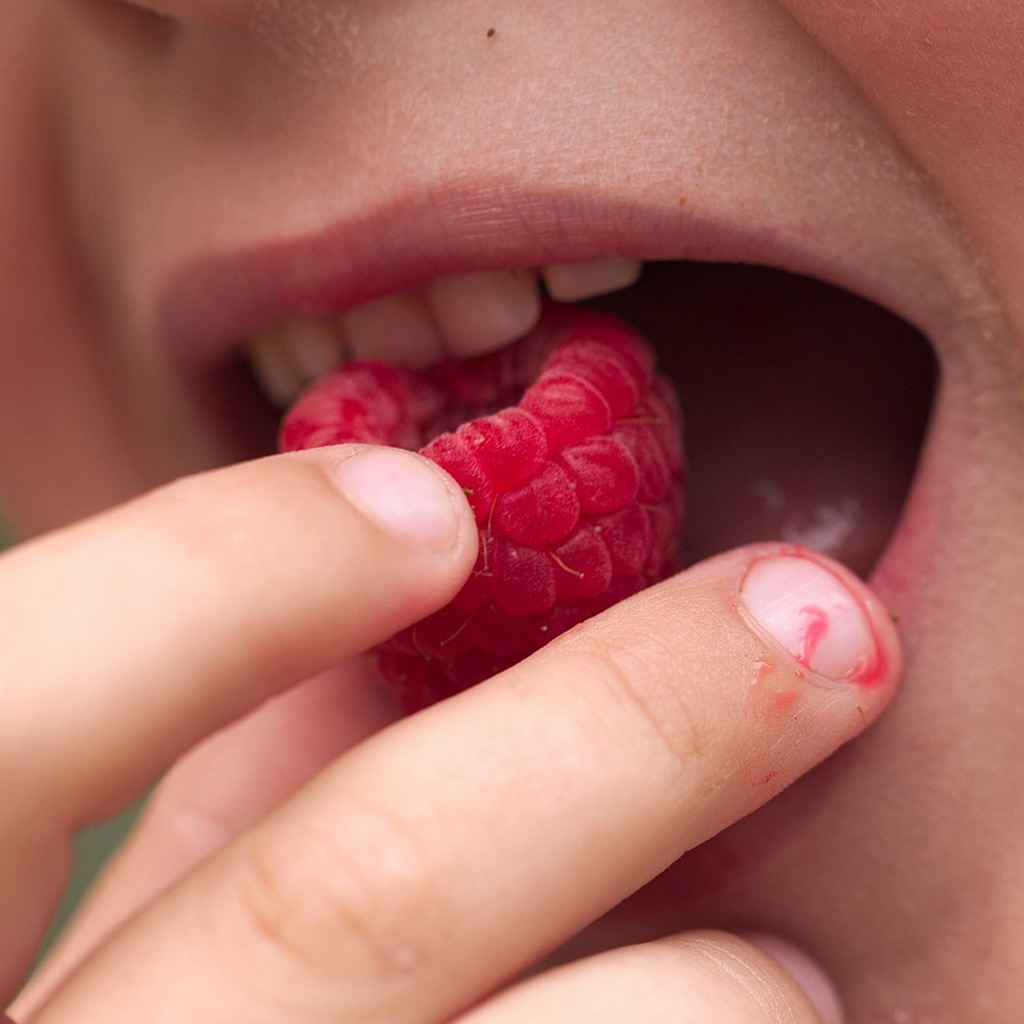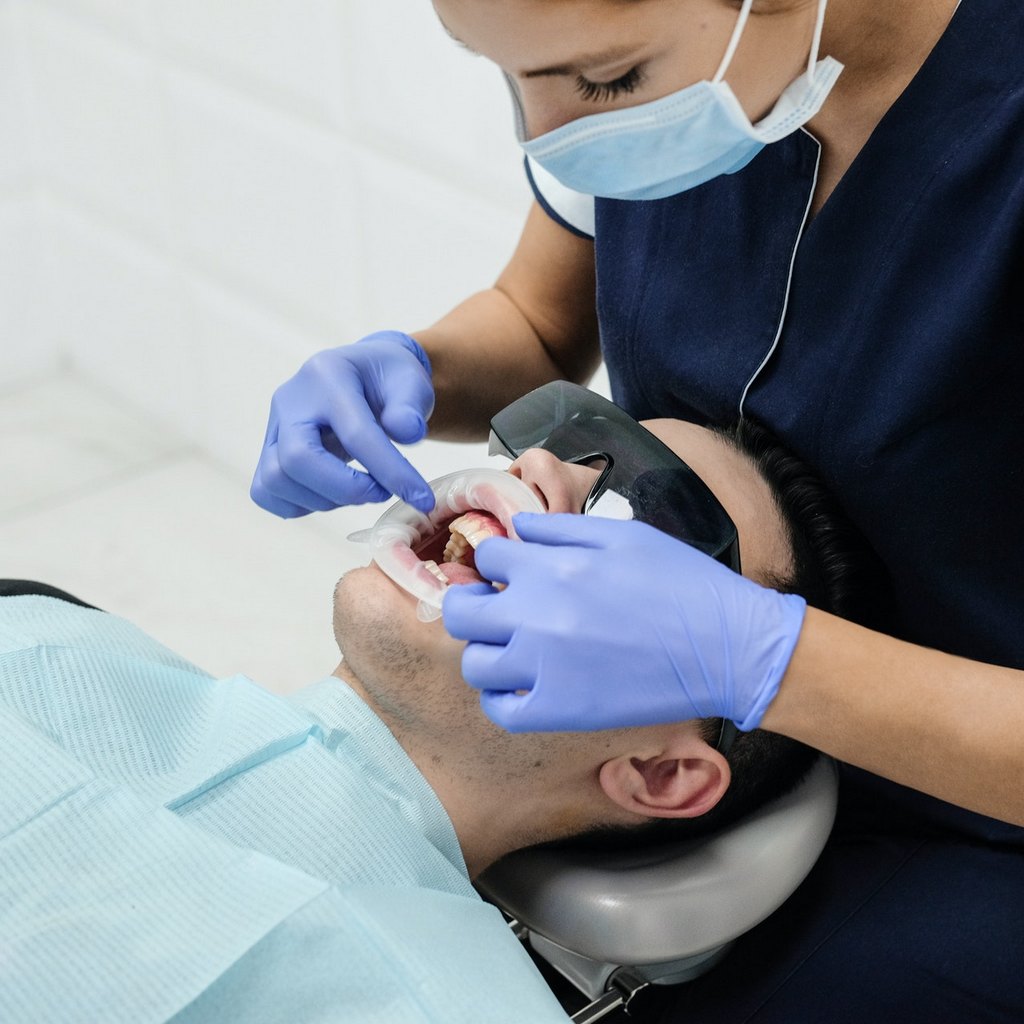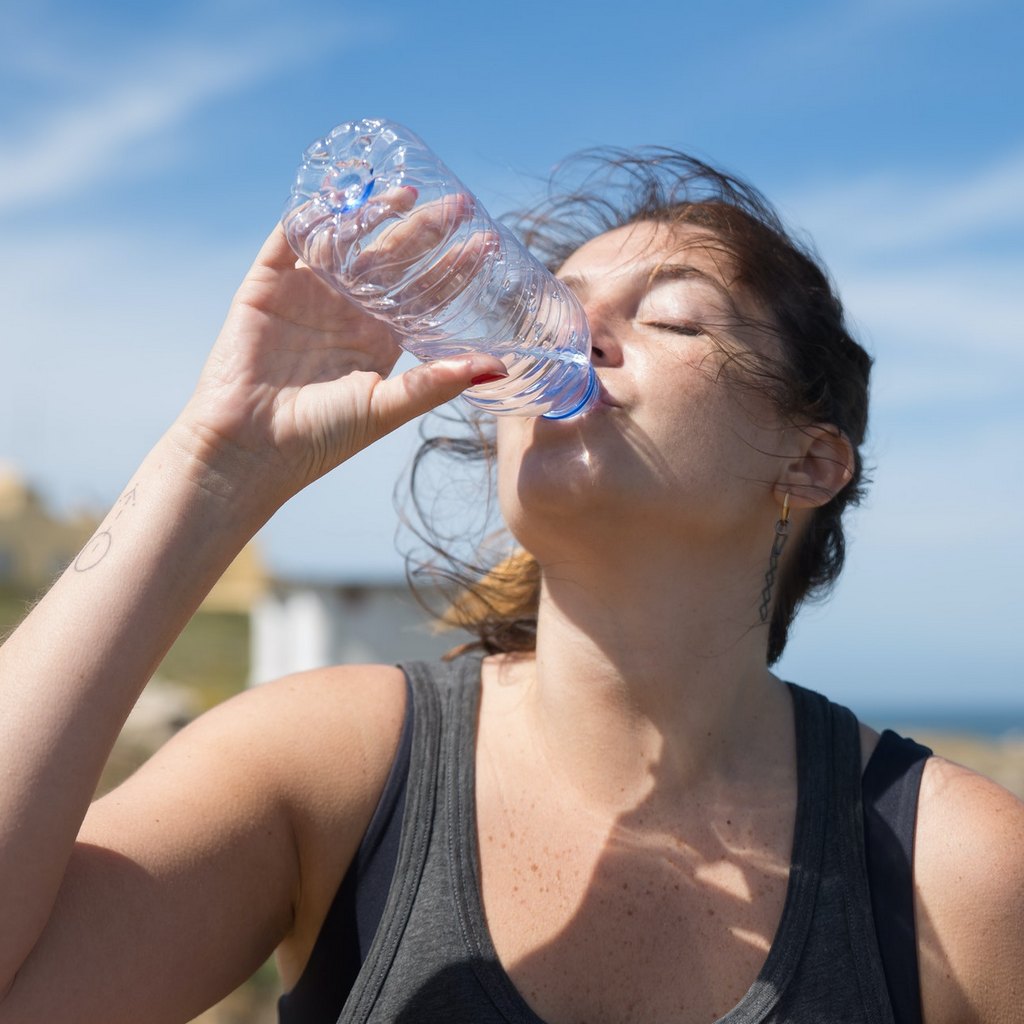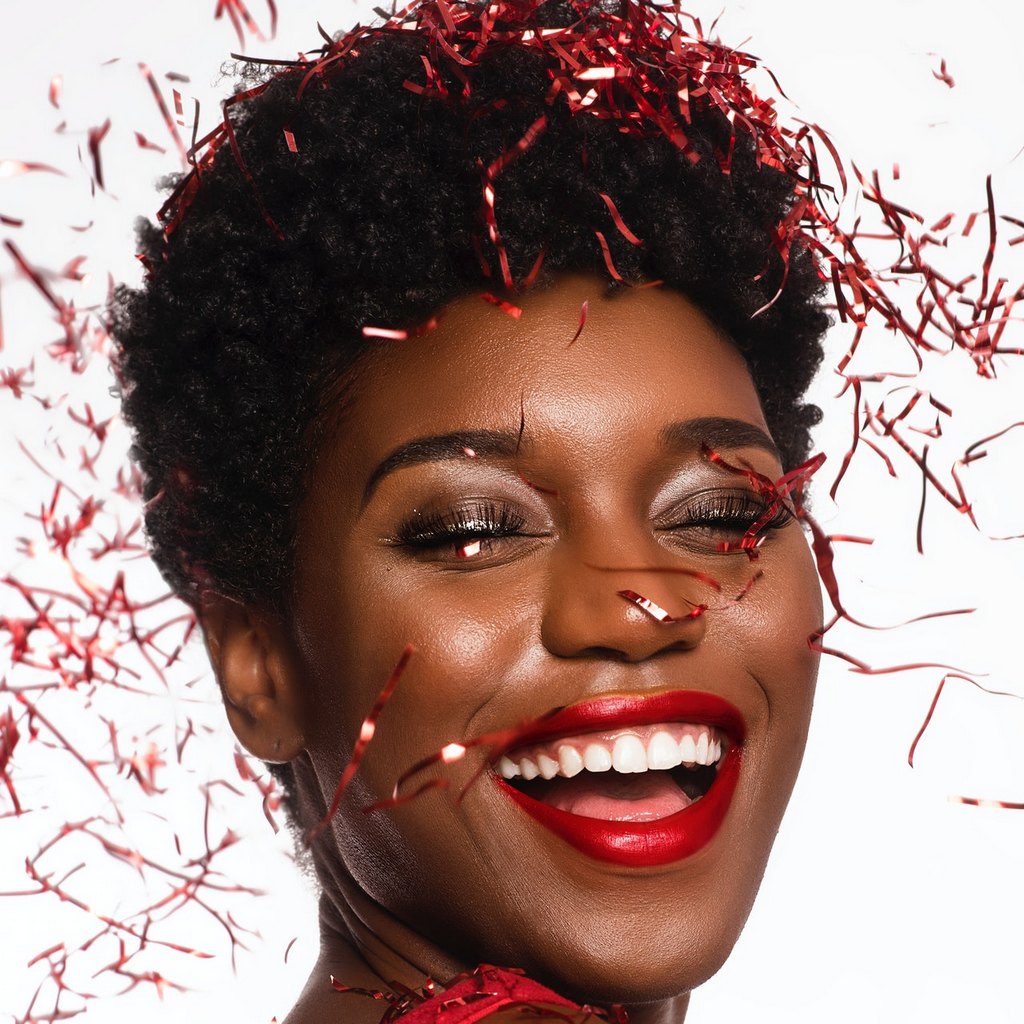Are only toothpaste and toothbrushes enough for a healthy person, is it really useful to chew gum after eating, does sweets really damage teeth – we collected the most common myths about dental health and asked a dentist-therapist which of them is true and which is not.
- Sweets are bad for your teeth.
True. And not just sweets.
It all depends on how often we consume sweets and how long they stay in our mouths. If we swallow one candy quickly, no catastrophe will occur – only extra calories will be added. But if we take some toffee, nougat, or caramel and chew for a long time, that’s where the risk of cavities comes in. When we eat something sweet, the PH-environment in the mouth changes; it becomes more acidic, and this worsens the condition of the teeth, they become weaker and deteriorate faster. But, unfortunately, even a complete avoidance of sweets is no guarantee that your teeth will be free of problems. Almost any food has a negative impact on your teeth. Therefore, ideally, you should brush your teeth after each meal.
- Apples can clean your teeth
Truth
Apples are exactly in that small category of foods that are good for your teeth. Apples do clean and strengthen your teeth well, but they are not a substitute for a full-fledged dental cleaning.
3 Chewing gum is good for your teeth
True. But with reservations.
Chewing gum works like an apple – it cleans your teeth. But you can snack on an apple, but you can’t chew gum. Also, it matters when you chew gum and how long you do it. If gum is sugar-free and you chew it for two or three minutes after eating, then yes, it’s more likely to be good for your teeth and aid digestion. But if you chew gum often, for a long time or instead of a meal, then you can do much harm to your stomach, the benefits for your teeth in this case are questionable.
- If your teeth look healthy and don’t bother you, then you don’t need to go to the doctor.
Not true
This is our mentality: as long as nothing hurts, very few people go to the doctor. And this applies not only to dentistry. Part of this behavior is due to the Soviet medicine, which is used to scare everybody. Partly people just don’t know where to go, don’t trust the doctor, are afraid to find out something unpleasant, don’t want to spend money. But, of course, it’s better to be checked regularly. You should go to the dentist every six months for hygienic cleaning, during which the doctor with a special device will remove the plaque that you can not remove at home and conduct a preventive examination of the teeth and oral cavity. This will allow any possible problems to be noticed and treated at an early stage, thus saving money and time. After all, the longer you go with the problem, the longer and more expensive it will be to treat.
- One toothbrush is enough for a healthy person to take care of his or her mouth
Not true
No, it’s not. But if you add floss or special brushes, it’s enough. It’s best to brush your teeth in a sweeping motion. That is, from the gumline to the incisal edge. In one direction. When you move the brush horizontally back and forth, you’re only pushing plaque into the interdental space. Special rinses are also not necessary for everyone, they should buy only on the recommendation of the doctor.
- The stiffer the brush, the better it is for brushing.
Not true
No, I know that there are companies that don’t make hard brushes at all. That’s because when you brush your teeth the wrong way, stiff brushes can ruin your tooth enamel. The determining factor here is not really the hardness or softness of the brush, but the amount and density of the bristles. It’s a good idea to have a lot of bristles and a bunch of bristles that are firm.
- an electric toothbrush cleans better than a manual toothbrush
Not true .
I call these brushes brushes for the lazy. If you have an electric toothbrush with a spinning head, I suggest you throw it away. It’s not capable of cleaning plaque. There’s not enough power to rotate the head enough times. The trajectory of these brushes only encourages plaque to get between the teeth. If your electric toothbrush has a head that looks like a normal toothbrush, you can safely use it. But it can’t be said that it cleans better than a regular brush. They both work the same way.
- Mint Toothpaste Brushes Better
Not true .
This is more of a myth. Yes, it makes teeth feel fresher, especially if you have halitosis (bad breath), but you can’t argue that it cleans better or worse than any other toothpaste–it has no effect on taste.
- Whitening toothpaste hurts teeth
Not true
Whitening toothpaste does not globally damage teeth. Of course, everything depends on the composition of the paste, the number and size of abrasive particles, as well as the initial condition of the teeth. But ordinary whitening pastes cannot do any real damage, although you do not get any appreciable effect either. Only professional whitening gives it.







